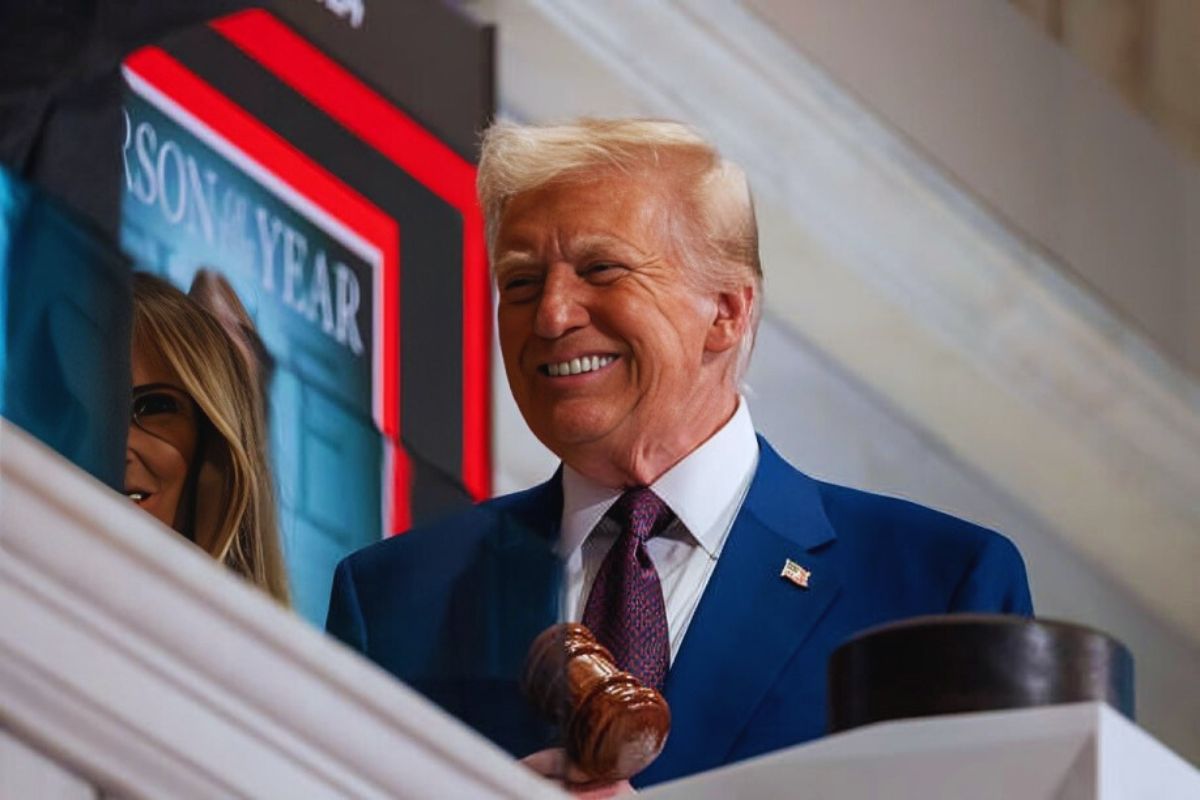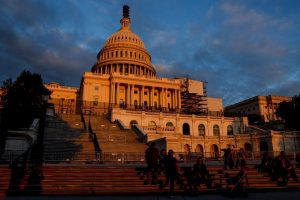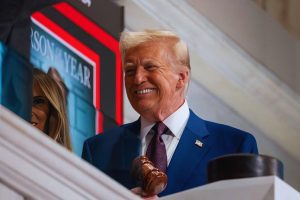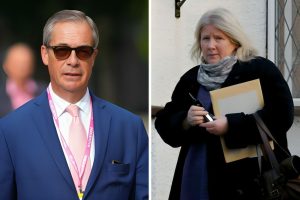Judge Upholds President-elect Trump’s Felony Conviction in Hush Money Case
Justice Juan Merchan of the New York State Supreme Court affirmed President-elect Donald Trump’s felony conviction for falsifying business records related to hush money paid during his 2016 presidential campaign on December 16, 2024 Citing a recent U.S. Supreme Court ruling on presidential immunity, this decision is in line with the decision of Trump’s lawyers to have the conviction thrown out.
Background of the Conviction
A Manhattan jury convicted Trump on 34 counts of falsifying business records in May 2024. The charges stemmed from a series of hush-money payments made to adult-film actress Stormy Daniels to keep her from talking about an alleged tryst with Trump before the 2016 election. Erroneous entries by The Trump Organization of these payments in their financial books and led to criminal charges.
Presidential Immunity Argument
Using a US Supreme Court ruling granting sitting presidents wide immunity from prosecution for official activities, Trump’s legal team tried to overturn the verdict, arguing that this decision should overturn the Manhattan criminal case against him.
Judge Merchan’s Ruling
Rebutting that, Merchan said in his opinion that the acts that lead to Trump’s conviction are personal rather than official presidential responsibility. Underlining 41 pages in his opinion, Merchan said it was personal conduct unconnected with presidential duties to change corporate documents so as not to reflect the payments made. He reasoned out that since the behavior at issue was unofficial, the case before him is excluded from being covered by the rule of Supreme Court immunity.
Implications of the Decision
With this decision, Trump will probably be the first felon to take up residence in the president upon January 20, 2025. The decision again points out the stance that the court has against presidential immunity, which states that acts done outside official authority do not fall within presidential protection.
Future Legal Proceedings
Steven Cheung, a Trump agent, condemned the decision as a “political witch hunt” and implied continuing to fight the verdict. Among the possible legal steps taken could be appealing from the judgment or seeking an outright dismissal based on a different legal ground. Besides that, there is continuous discussion about the appropriate date for the sentence due to Trump’s upcoming presidency. Among the proposals included deferring sentence till after his presidential term or looking at other options acknowledging the verdict without immediate punishment.
Broader Context
This is among the legal hurdles that have affected Trump so far. Convicting a sitting president has been complicated and hence dismissals or delays occurred to other criminal cases, including federal charges. With this conviction, it cements the legal principle of no one being above the law, thus enhancing responsibility from public officials on how they conduct themselves outside official bounds.
Conclusion
This is a historic event in American legal and political history, and Justice Merchan’s decision to uphold President-elect Trump’s felony conviction for falsifying company records over hush money payments marks the junction of legal responsibility and presidential responsibilities will remain a central focus of public and legal debate as Trump gets ready to take over.











